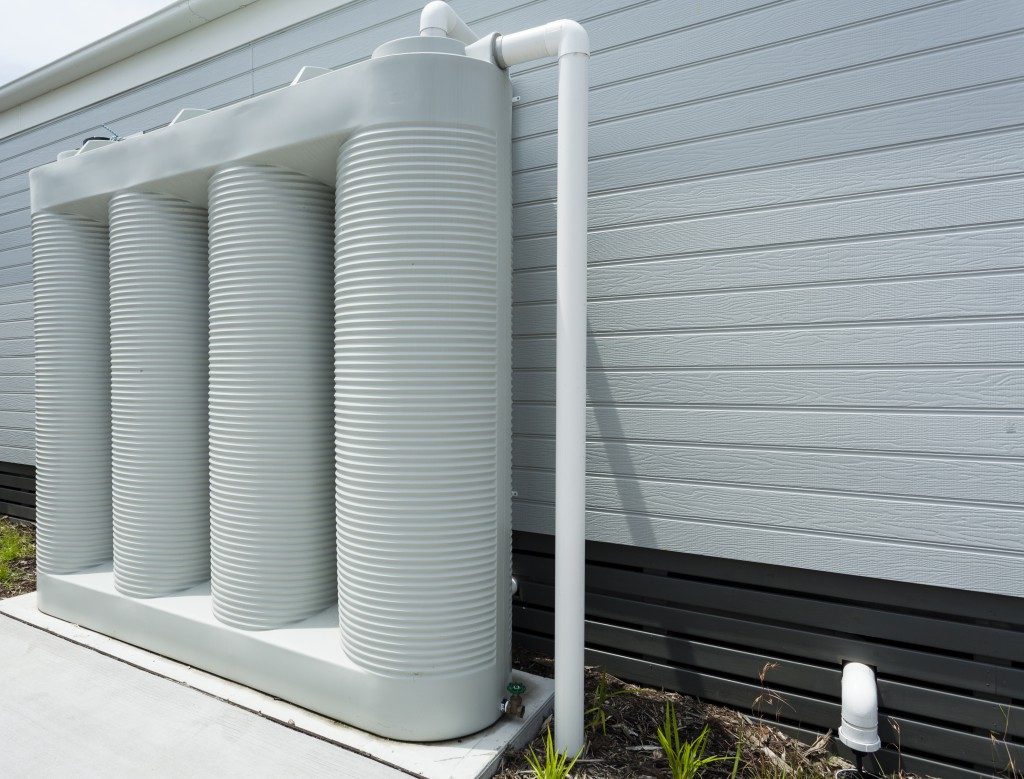Even in developed countries like the United States, the cost of clean water can be a cause for concern. If your region receives plenty of rain in a year, you can save money by taking advantage of the free water from the sky. Even if you don’t use it for drinking, you can still utilize it for a wide range of applications at home.
Rainwater is one of the main sources of fresh water in most parts of the world. Thanks to the nature of the water cycle, it is clean, although it may not be pure enough to be considered safe to drink in its natural state. If you gather rain through your roof’s gutters, just think of all the bird poop it may have washed off along the way. You would need to invest in water purification systems to render it potable.
However, there are many ways to use collected rainwater at home. Here are four of them:
1. Water your plants
A garden can add value to your home and make it cozier. Maintaining a garden can be expensive, though, especially if you factor in the cost of watering your plants every day. Collecting rainwater and using it to nourish your plants will allow you to save a lot of money. However, considering the possible contaminants in the water, this is best done for ornamental plants only, not for plants you will eventually eat. Plants eaten raw, such as lettuce, are best nourished using water you are sure is clean.
2. Wash your car

Owning a car has become more expensive in recent years and it’s not just because automobile itself is pricey. Maintaining a vehicle, such as cleaning it, eventually adds to your expenses. You can minimize the cost of cleaning your car by using collected rainwater instead of depending on your municipal tap.
3. Refill your fishpond
If you keep a fishpond, you can use collected rainwater to keep it filled. Not only is it free, but it is also soft and free from chlorine that can harm your fish. However, as is the case with vegetables, this is best avoided if you are keeping fish you intend to eat. Moreover, some species of fish may not be compatible with raw rainwater, so be sure to check with an expert beforehand.
4. Refill your fountain
Outdoor fountains add beauty to your home. Because they tend to be purely ornamental, using rainwater to refill them should be safe. What you need to worry about are debris and other solid matter from your roof that can end up in your fountain and clog its pipes. To avoid this, talk to a seamless gutter expert you hire about possible add-ons and options to filter out unwanted particles from the water you collect.
Rainwater is far from perfect. Depending on your area, it may not be ideal for drinking, cooking, or washing food. You can still use it for other applications at home, though, and save a lot of money and other resources in the process.

